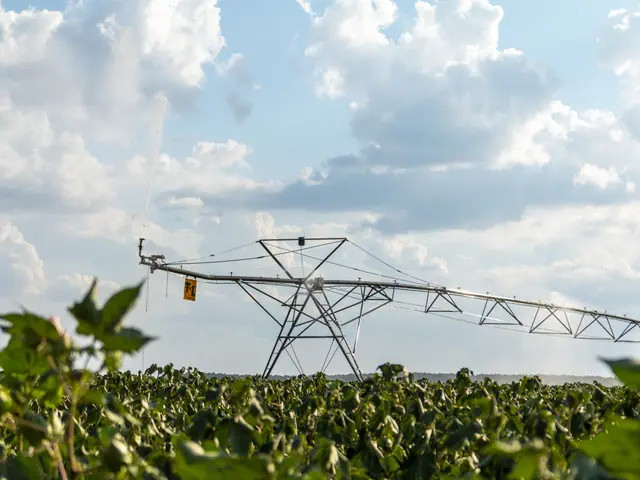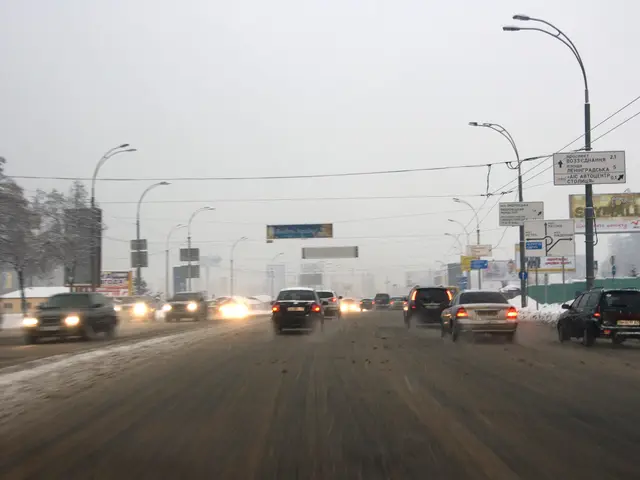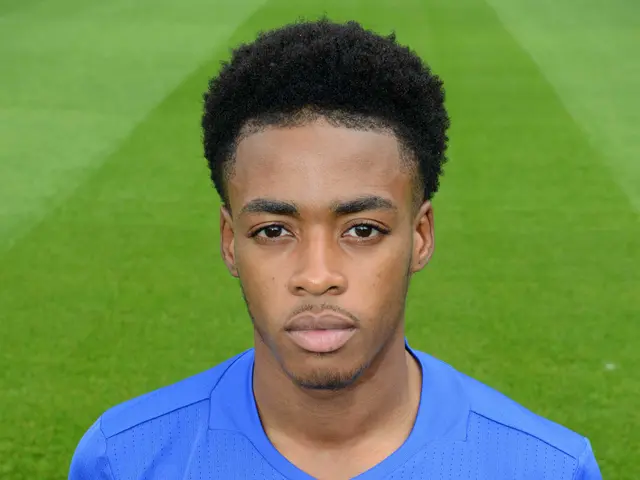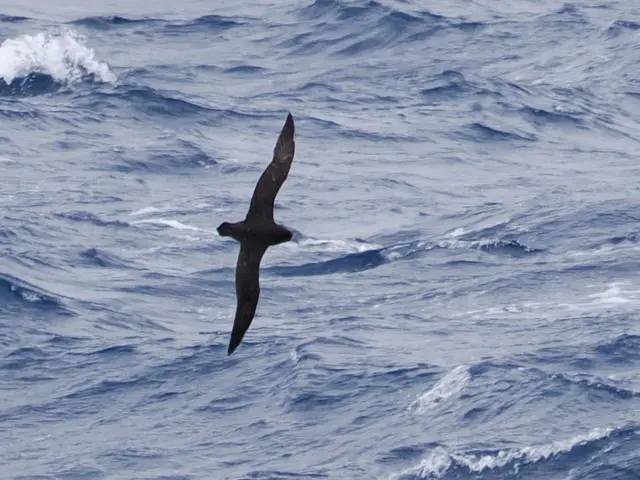Ukraine's allied nations demand a 30-day truce from Russia
Taking a Stand Together: Ukraine, US, and allies push for a 30-day ceasefire against Russia's resistance
In a joint press conference at Kyiv, the leaders of four European nations - France, Germany, the UK, and Poland, along with Ukrainian President Volodymyr Zelensky - announced their support for a 30-day, unconditional ceasefire beginning next Monday, May 12, 2025, under pressure from the US and other allies.
This coalition, which includes around 20 member countries, convened for a video conference to discuss putting an end to the ongoing conflict in Ukraine. The leaders reaffirmed their commitment to preventing the war's escalation and working toward a lasting peace.
Should violations occur during the proposed ceasefire, they have agreed to coordinate and implement severe sanctions, both within Europe and the US. This decision represents a rare show of unity among Western allies and signifies a significant increase in pressure on Russia.
President Volodymyr Zelensky and Western allies have long pushed for a ceasefire, arguing that it is critical to facilitate broader peace negotiations aimed at ending the near three-year-long conflict. Russia, however, has shown reluctance to accept the unconditional ceasefire.
Washington had earlier threatened to abandon negotiations over the lack of progress in stopping the war. Some speculated that US President Donald Trump might be shifting towards Moscow's position due to a strained relationship with Zelensky. However, recent developments show a growing impatience towards President Putin from the White House.
British Prime Minister Keir Starmer expressed optimism about the achieved unity among countries worldwide, including the US, that support an immediate 30-day unconditional ceasefire. Ukrainian Foreign Minister Andriy Symyga reported a "fruitful" conversation with President Trump during which he briefed him on the outcomes of the meeting. Polish Prime Minister Donald Tusk noted that the free world seems united for the first time in a long time, implying renewed hope for peace.
Russian President Vladimir Putin has not directly responded to the 30-day ceasefire proposition by Kyiv's allies. Instead, the Kremlin Spokesperson Dmitry Peskov was quoted saying that Ukraine would have to stop receiving weapons shipments from its allies for a ceasefire to be considered. Peskov added that Ukraine is currently ill-prepared for negotiations, which has been a point of contention among allies.
The European Union, led by Commission President Ursula von der Leyen, has supported the proposed truce to pave the way for meaningful peace negotiations. The ceasefire, if implemented, will be primarily monitored by the US, with contributions from American allies. The ultimate goal is to build a robust and lasting peace in Ukraine.
The strong show of unity was further emphasized by a symbolic gesture, as the European leaders embraced President Zelensky and participated in a lantern-laying ceremony in honor of fallen soldiers at Kyiv's central memorial, adding to the atmosphere of hope and determination.
The upcoming negotiations in Istanbul promise to be a pivotal turning point in the ongoing conflict. The question remains: Will Russia agree to the 30-day ceasefire, or will direct negotiations take precedence in forging a lasting peace between Russia and Ukraine?
- Emmanuel Macron, alongside leaders from France, Germany, the UK, and Poland, alongside Ukrainian President Volodymyr Zelensky, have called for a 30-day, unconditional ceasefire against Russia's resistance, joining forces with the United States and other allies.
- Despite Russia's reluctance, the United States and its allies have proposed a 30-day ceasefire in Ukraine, a move aimed at facilitating broader peace negotiations with Ukraine, which could potentially lead to a lasting peace.
- Should Russia fail to accept the unconditional 30-day ceasefire proposal, the US and its European allies have agreed to coordinate and implement severe sanctions, both within Europe and the US, to increase pressure on Russia.
- The upcoming negotiations in Istanbul will likely be decisive in determining whether Russia will agree to the 30-day ceasefire proposition or prioritize direct negotiations for a lasting peace with Ukraine.







